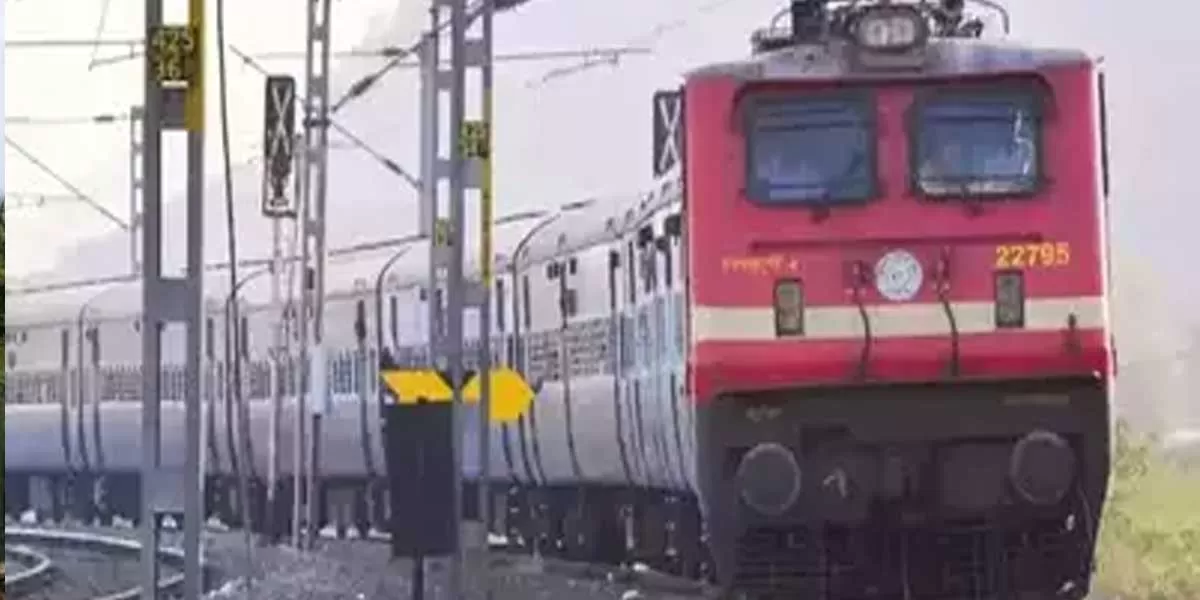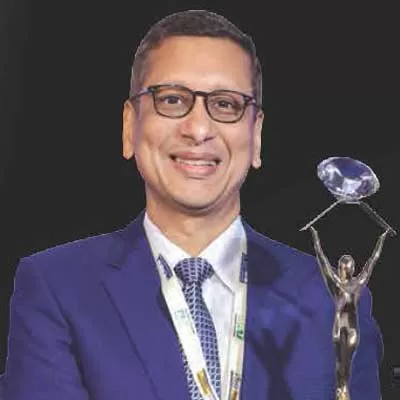
Govt makes a U-turn on hiring technical and non-technical manpower
Redefine the future of urban mobility! Join us at the Metro Rail Conference 2025 to explore groundbreaking ideas and insights. 👉 Register today!

KPIL Bags New Orders of Rs 10.11 Billion
Kalpataru Projects International Limited (KPIL), along with its international subsidiaries have secured new orders/notification of awards of Rs 10.11 billion (bn). The company has received news order in the Transmission & Distribution (T&D) business in overseas market, in the Railway business in India and in the Buildings & Factories (B&F) business in India Manish Mohnot, MD & CEO, KPIL, said, “We are pleased with the strong momentum in order inflows, which has significantly strengthened our order book, with YTD inflows now exceeding Rs 173 bn. Notably, 85 per cent of t..

Antica Ceramica’s Tile Collection Blends Luxury and Practicality
Antica Ceramica, a leader in innovative tile design, has recently launched a new marble-look tile collection that combines the elegance of natural marble with the durability and ease of maintenance of porcelain tiles. This collection is set to transform spaces in residential, commercial, and hospitality settings, offering architects, interior designers, and homeowners the ideal solution for creating sophisticated, timeless interiors with minimal upkeep.One of the key advantages of marble-look tiles is their resistance to common issues associated with natural marble. These tiles are highly resi..

IndiGo and AAI Launch Zero-Waste Airport Project at Indore
IndiGo, through its CSR arm IndiGoReach, has partnered with the Airports Authority of India (AAI) and the AAS Foundation, Indore, to roll out the Zero-Waste Airport Project at Indore Airport. The initiative focuses on the 4R strategy—Reduce, Reuse, Recycle, and Recover—to minimise environmental impact and set a benchmark in sustainable waste management for the aviation industry. The project processes 750 kg of daily airport waste on-site, reducing reliance on traditional disposal methods. A Material Recovery Facility (MRF) segregates dry waste into 10 categories for recycling, while a Wet..















